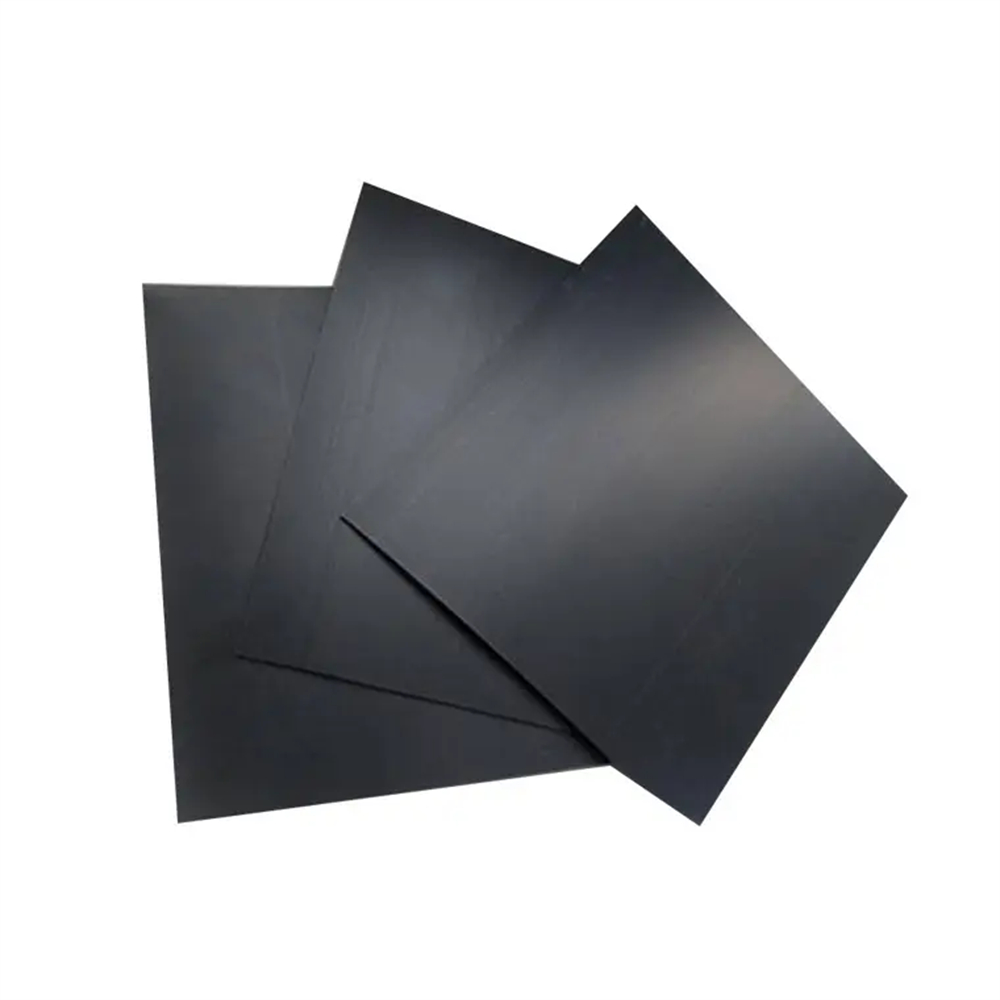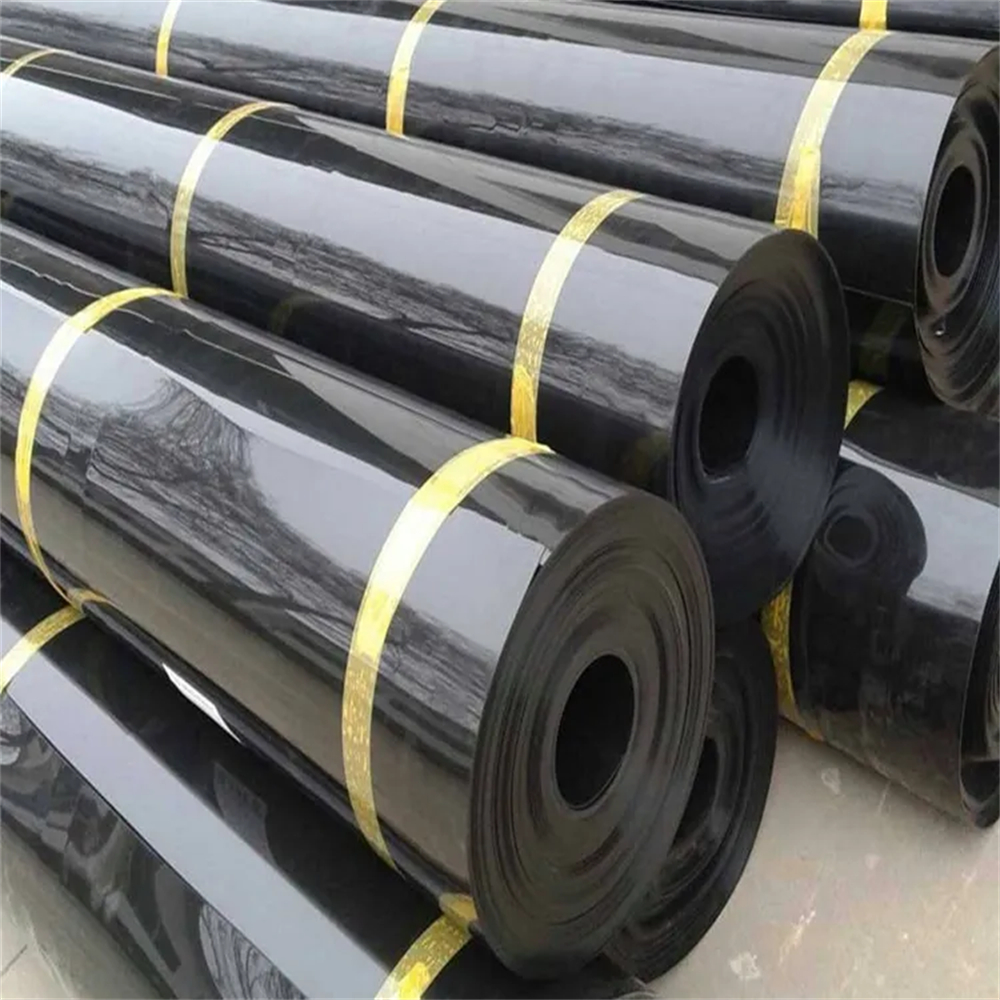Geomembrane is a kind of geosynthetic material used in civil engineering and environmental engineering, which has good anti-seepage performance and chemical corrosion resistance.
What are the application scenarios of geomembrane?
Water conservancy projects: Geomembranes are often used in water conservancy projects such as dams, reservoirs, canals, channels, and farmland irrigation systems. It can effectively prevent the infiltration and loss of water, and improve the water storage, water delivery and anti-seepage performance of water conservancy projects.
Road construction: In road construction such as highways, railways and airports, geomembranes can be used for anti-seepage, separation and reinforcement layers. It can prevent groundwater from infiltrating the subgrade soil, avoid soil softening and settlement, and improve the bearing capacity and stability of the road.
Environmental Engineering: Geomembranes are widely used in environmental engineering. It can be used as anti-seepage layer in solid waste treatment sites, landfills, wastewater treatment plants and other places. By preventing the infiltration of waste and wastewater, geomembranes can prevent groundwater and soil from being polluted, protecting the environment and human health.

Geotechnical engineering: In geotechnical engineering, geomembranes can be used for soil side protection, soil reinforcement and foundation seepage prevention. It can prevent moisture and solutes from entering the soil, improve the engineering properties of the soil, and increase the stability and bearing capacity of the foundation.
Water pollution prevention and control: Geomembranes play a key role in water pollution prevention and control. It can be applied to the anti-seepage layer of sewage treatment plants, petrochemical plants, chemical storage and transportation facilities, etc., to prevent harmful substances from penetrating into soil and groundwater, and to protect the safety of water resources and the sustainable development of the environment.
Agricultural Engineering: Geomembranes have various applications in agricultural engineering. For example, in greenhouse agriculture, it can be used for anti-seepage layer, soil cultivation film and irrigation system, etc., to improve the effect of soil moisture management. In addition, it can also be used for anti-seepage and anti-seepage of water storage waste in places such as rice paddies, fish ponds and fish ponds.
As a kind of geosynthetic material, geomembrane has many important engineering functions in civil engineering and environmental engineering.
What are the engineering functions of geomembrane?
Anti-seepage effect: One of the main functions of geomembranes is to prevent the penetration of water, chemicals or gases. It can effectively prevent water leakage and soil erosion, and protect the stability and safety of water conservancy projects, road foundations, sewage treatment facilities and other projects.
Separation: Geomembranes can act as a separation layer between the foundation and the superstructure. It can prevent the upper load from intruding into the foundation, avoid mixing and deformation between different particles, and improve the bearing capacity and stability of the project.
Reinforcement: By adding geomembrane to the soil, the strength and deformation resistance of the soil can be improved. The reinforcement effect of geomembrane can be applied to projects such as soft soil foundation reinforcement, roadbed reinforcement, slope protection, and slope stability to improve the anti-sliding stability and bearing capacity of the soil.

Protection: Geomembranes can be used to protect other engineering materials and structures. It can prevent the erosion and corrosion of engineering materials by external media (such as acid, salt, oil, etc.), prolong the service life of materials and reduce maintenance costs.
Filtration function: The geomembrane has a certain filtering function, which can discharge the filtrate and fine particles in the soil while restricting the passage of water. This has played an important role in soil erosion prevention, river course management, earth filling and other projects.
Environmental protection: Geomembranes can avoid the pollution of soil and groundwater by toxic substances, waste water and waste. Its application in environmental engineering such as sewage treatment facilities, landfills, and chemical plants helps to protect the safety of water resources and the ecological environment.

